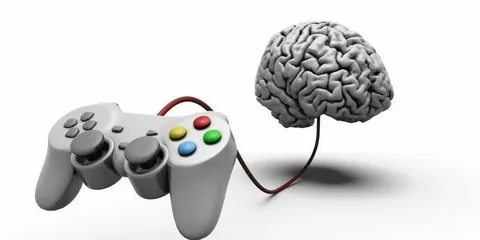Video games are often stereotyped as isolating, time-wasting distractions. But scientific research and lived experience are telling a different story—one where games sharpen the mind, build communities, and even help players develop real-world skills.
Cognitive Benefits: More Than Just Fast Reflexes
Fast-paced games like Call of Duty or Overwatch are often praised for improving hand-eye coordination, but their benefits go much further. Numerous studies have shown that regular gaming can improve:
- Working memory
- Spatial reasoning
- Task-switching abilities
- Problem-solving under pressure
Puzzle and strategy games, like Portal or Civilization, require forward thinking and pattern recognition, challenging players to think several steps ahead. These mental gymnastics can be surprisingly useful outside the gaming world, especially in professions that require multitasking and critical thinking.
Emotional Regulation and Resilience
Games are also an increasingly popular tool in mental health therapy. Titles like Celeste and Gris tackle topics like anxiety and depression, offering not only representation but also catharsis. Games allow players to confront failure and try again—a mindset closely tied to grit and emotional resilience.
In fact, a growing number of therapists use video games in sessions with young clients, helping them open up or practice decision-making in a low-stakes environment.
Social Connectivity in a Digital Age
Online multiplayer platforms have become the new social square. Whether it’s teaming up in Fortnite, collaborating in Minecraft, or chatting on Discord, players are forming genuine friendships—and even romantic relationships—through games.
In a world increasingly defined by remote work and digital interaction, games offer a shared space where people can relax, compete, and connect. Many virtual communities are as tight-knit and supportive as real-life friend groups.
Interestingly, even outside the gaming genre, interactive platforms like multibet88 illustrate how digital engagement continues to evolve, merging play, strategy, and connection in new ways.
Moderation Is the Key
Of course, like anything else, balance is important. Gaming excessively without breaks or social interaction can lead to negative consequences. But when integrated thoughtfully into one’s lifestyle, games can offer far more than just entertainment.
The narrative is shifting—from games being a vice to being a tool. And with technological advances on the horizon, they may soon become even more integral to education, wellness, and communication.
Final Thoughts
So, the next time someone brushes off gaming as a waste of time, consider the bigger picture. Video games are shaping minds, connecting people, and even helping us cope with life’s challenges. Far from being a problem, they may actually be part of the solution.

